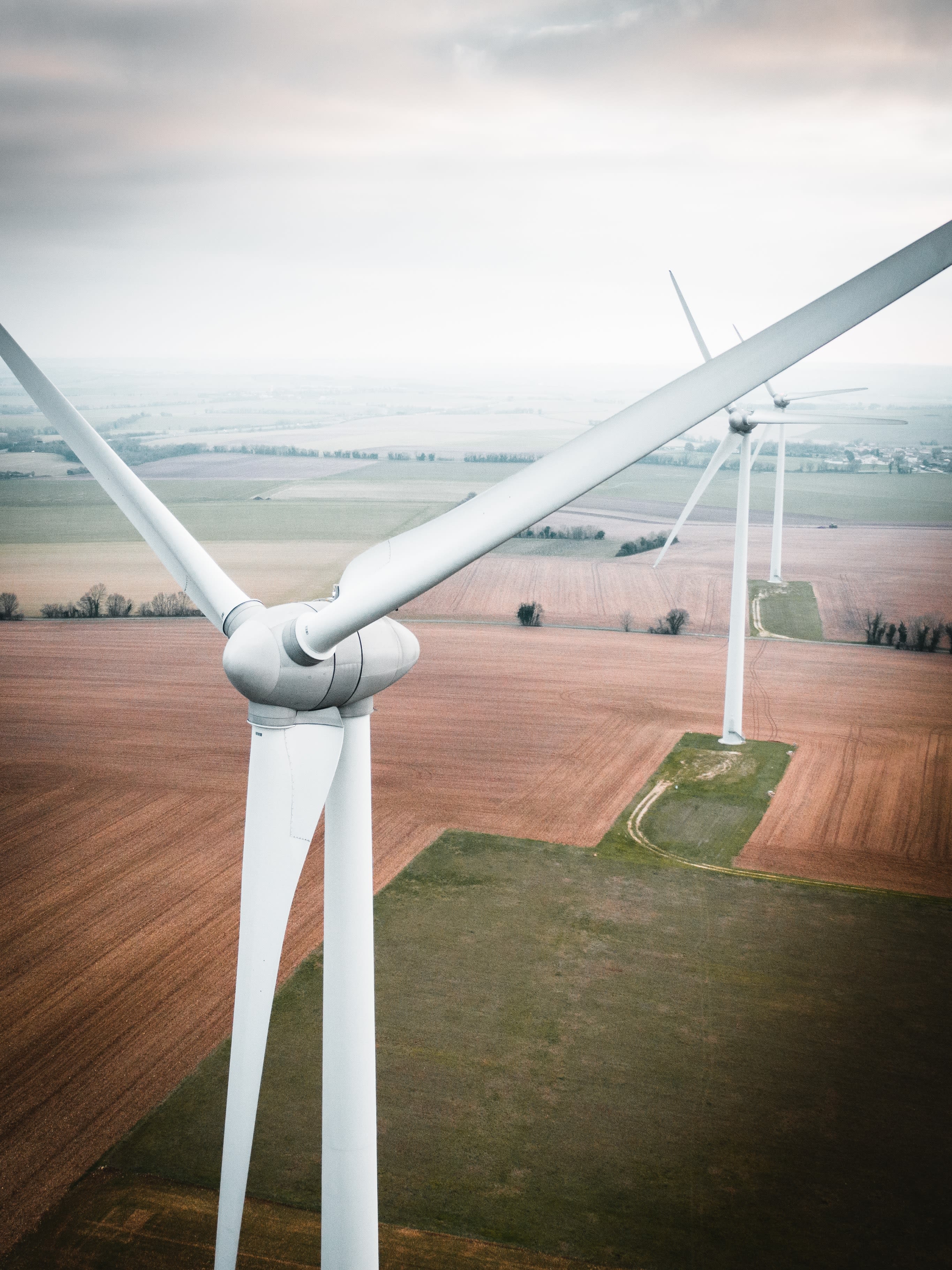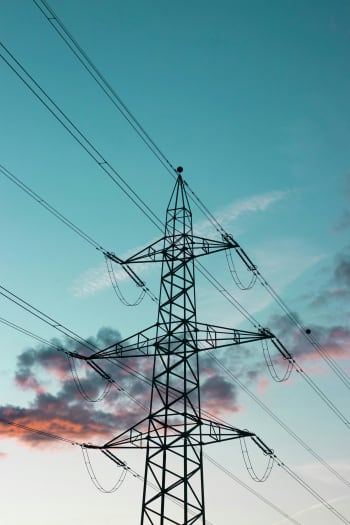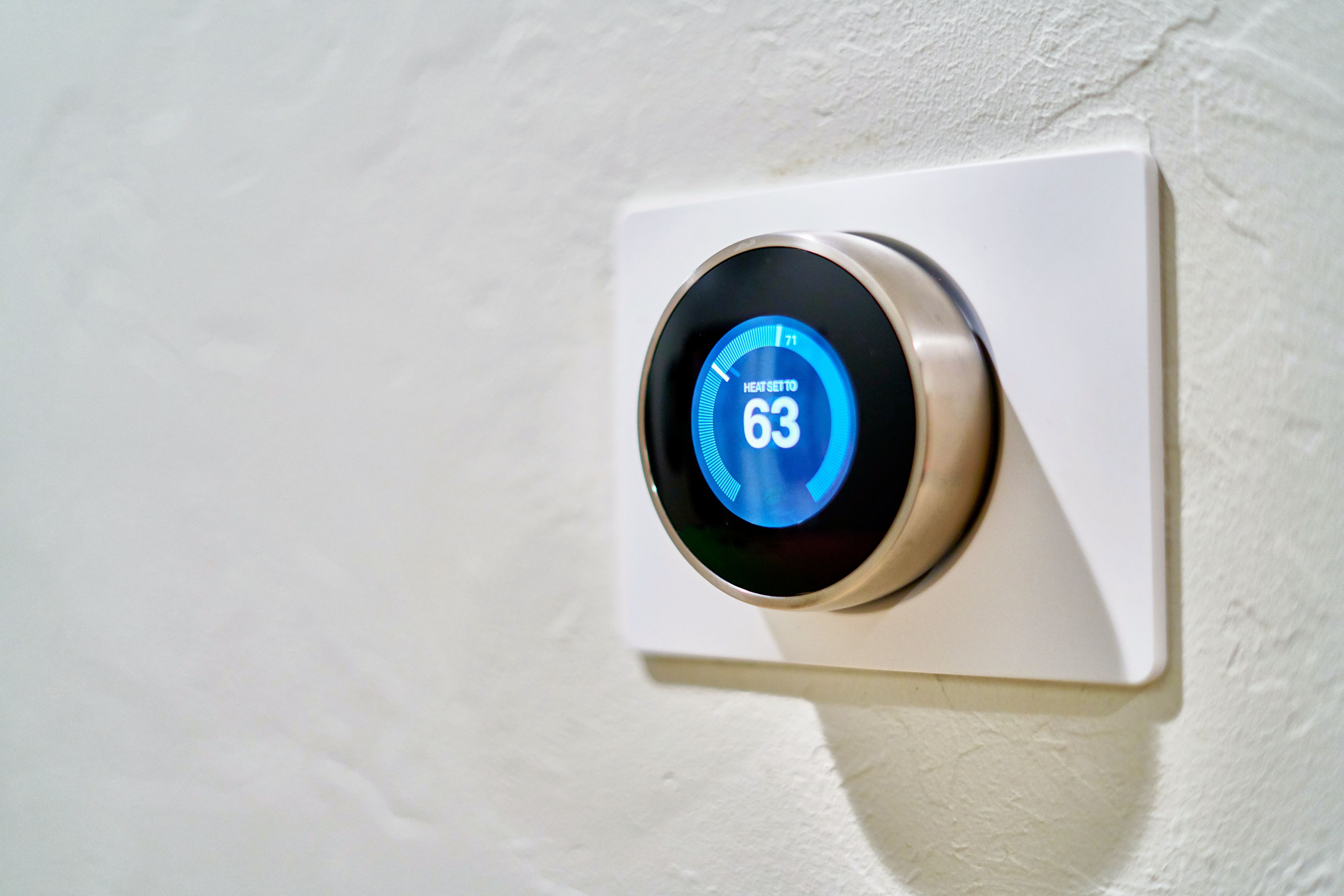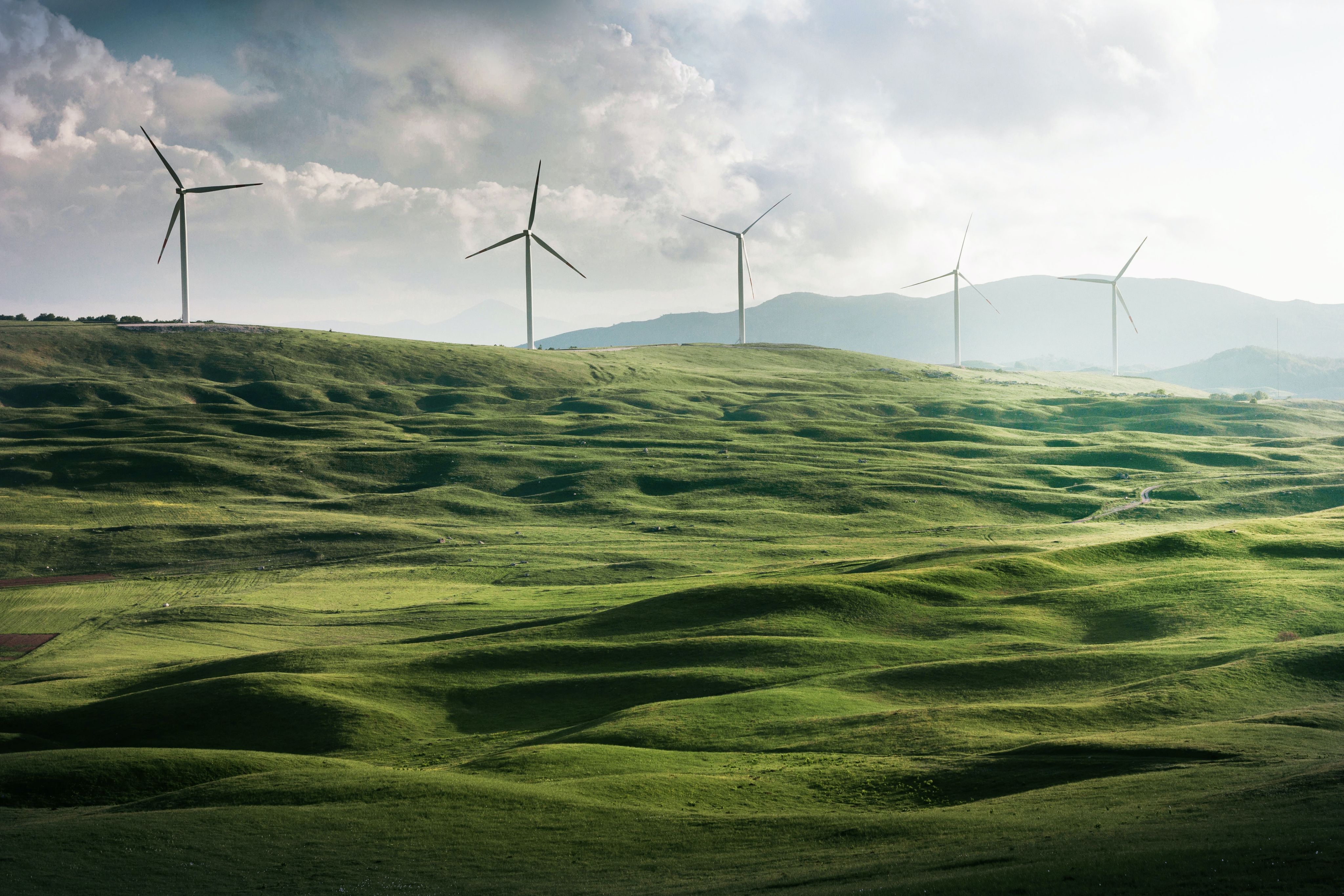Creating a laboratory for domestic energy usage
UCL Energy Institute and Oxford University’s new collaborative longitudinal study will put household energy consumption under the microscope

To meet our net zero targets, UK homes will need to be mostly heated with electricity instead of gas by 2050.
UK Government policy supports this aim, with a planned phase out of gas boilers in existing homes and a possible ban for new homes.
However, 78% of existing UK homes currently rely on gas central heating. As stated by the UK Energy Research Centre, it is ‘extremely unlikely that heat decarbonisation will be achieved without significant policy interventions.’
How can we ensure that the planned transition is cost-effective, and protects the health and security of UK citizens?
Professor Tadj Oreszczyn feels the Energy Demand Observatory and Laboratory (EDOL), a five-year research programme run jointly with the University of Oxford, can provide some of the answers.
“We’ve historically relied on models to determine how we should plan our future energy system. However, we’ve now got to actually deploy some of the recommendations suggested by the models. So what we need to do is better ground our models with real data.
“As Einstein said: in theory, theory and practice are the same, but in practice, they’re not. Every time we start to observe what’s happening in the real world, we find it’s different from what the models are telling us.
“The EDOL project will provide a critical empirical data set to help us make better plans for the future – and adapt our plans as we observe what’s happening.”
Forecasting for a renewable future
“In the winter, the UK uses roughly twice the amount of energy used in summer. That’s driven largely by heating in homes.
“Most of our future energy generation is going to come from renewables. Unlike fossil fuels, renewable energy sources don’t inherently have their own storage.
“The winter peak demand is going to be largely supplied by wind generation, so the number of turbines needed will depend on how we all use energy in our homes over the next two decades.
Energy use under the microscope
EDOL has evolved from the Smart Energy Research Lab – a project led by UCL that has been collecting the smart meter data and survey responses from 13,000 households since 2019.
“The SERL data has very clearly shown us how energy use changes.
“We were able to observe the impact COVID had on how people consume energy in their homes. More recently we've been observing the cost-of-living crisis, where fuel prices have doubled.
“However, the problem with the SERL data is that it tells us what is changing, but doesn’t fully explain why it’s changing. That’s partly because we don’t collect enough contextual information, or disaggregated energy consumption data.
“The gas meters let us know when we’re using more energy, but we don’t know whether that’s because people are heating their homes more or just simply using more hot water.
“So that’s really the focus of EDOL – to understand the ‘why’.”
To gather the additional data, EDOL draws from the original SERL sample of 13,000 homes, placing 2,000 households from that group in an ‘observatory’.
The observatory households will be equipped with additional sensors to monitor for example internal temperature and ten seconds instead of every half hour electricity use.
Perhaps one of the most exciting aspects of EDOL is the deployment of ‘field laboratories’. These much smaller groups of between 100 and 200 households will be used to test out policies, technologies, business models and other interventions – allowing the EDOL team to help bridge the gap between research and policy development.
While undertaking this more detailed monitoring in the EDOL observatory and laboratories, some homes may well demonstrate energy use which is still difficult to understand. In these cases, the EDOL team will seek to work in partnership with the participants and undertake ‘forensic’ monitoring and analysis. This could include additional detailed surveys, interviews and in-depth monitoring.
Having spent the last year developing the novel methods they’ll use for the observatory and forensic analyses, the EDOL team are preparing to work more closely with the sampled households and begin field testing.
Participant households in the smaller observatory sample or the forensic analyses will be compensated for the additional inconvenience they’ll experience. Tadj is looking forward to uncovering answers through forensic analysis to some of the questions that have arisen from the SERL data.
“When we get EDOL fully running, we can start to understand some of the strange things that we can’t currently understand.
“For example, previous studies have raised questions about solar thermal that we’d really like to get to the bottom of – we couldn’t do it at the time because we didn’t have EDOL.”
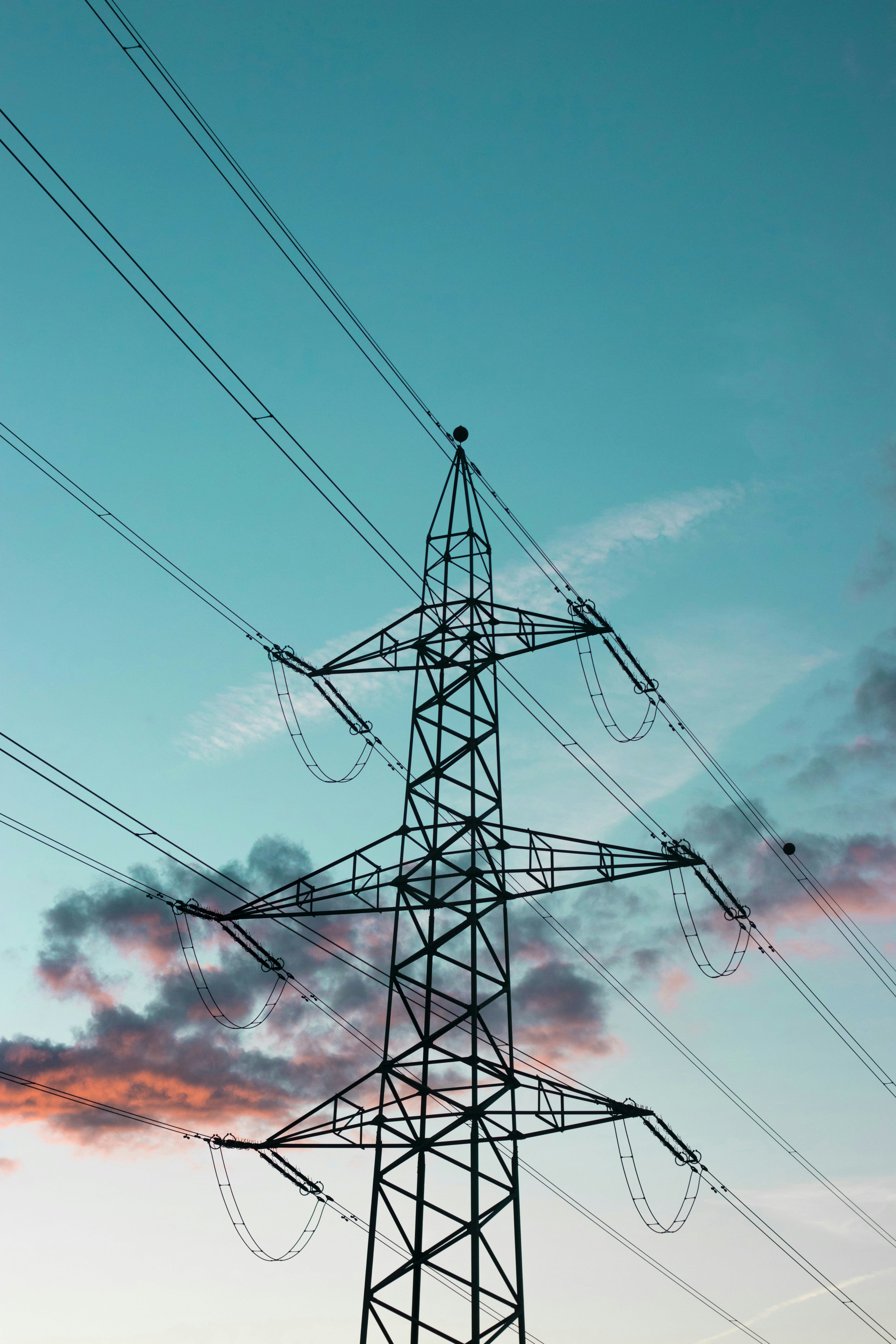
“That’s really the focus of EDOL – to understand the ‘why’.”
Prof Tadj Oreszczyn, Professor of Energy and Environment, The Bartlett School of Environment, Energy & Resources

Funding for the long haul
Due to the cross-disciplinary nature of energy research (amongst other reasons) obtaining continuous funding for longitudinal energy research studies can be a challenge. Tadj is already looking beyond EDOL’s initial five-year funding.
“The value of all this increases massively, the longer you can carry on measuring and analysing it. So we’re already faced with the challenge of where we’ll get the next pot of money to carry on.
“Because if we don’t start that process now, the researchers will go and the data will have to be got rid of for data security reasons and we’ll lose a lot of the value of the project.
“The £8.7m budget we’ve got sounds quite big for some research projects – but it’s not actually that big when you consider the billions of pounds that we’re going to spend refurbishing the whole energy system over the next few decades.”
Tadj also foresees new challenges for this work in the future, caused by the complexities of our changing patterns of energy consumption.
“At the moment, we get separate smart meter data for gas and electricity. Gas for hot water, space heating and cooking - and electricity for lights and appliances. In the future, when gas plays a much smaller role, we won’t get any disaggregation like that - we’ll just be metering electricity.
“Combined with that, we’re increasingly charging our cars at home. So some of that metered energy consumption isn’t being used in the home, it’s being used for transport.
“And then if we add solar panels, any electricity generated and used in the home isn’t being metered at the moment – all we get to measure is whether any electricity is exported to the grid. So understanding the ‘why’ is going to get more difficult, not less difficult.”
An informed transition
Despite the challenges, Tadj and the EDOL team are in a unique position to effect change on a vital project that bridges the gap between research and policy.
“To achieve net zero by 2050, we just have to have this source of data.
“If we’re going to plan this major transition for the whole energy system in an affordable way which protects people’s health and comfort and energy security – we’re going to need reliable information.”
Photo by Dan LeFebvre on Unsplash
Photo by Dan LeFebvre on Unsplash
“Understanding the ‘why’ is going to get more difficult, not less difficult.”
Prof Tadj Oreszczyn, Professor of Energy and Environment, The Bartlett School of Environment, Energy & Resources

About the author
Prof Tadj Oreszczyn
Professor of Energy and Environment, UCL Energy Institute, The Bartlett School of Environment, Energy and Resources
Tadj was founding Director of the UCL Energy Institute in 2009 and the Bartlett School of Environment, Energy and Resources (BSEER) in 2014. He is Principal Investigator of the Smart Energy Research Lab (SERL) and the Energy Demand observatory and Laboratory (EDOL). He is a member of the Executive Committee of the Lancet Countdown on Health and Climate Change and co-leads the mitigation theme.
Photo by Appolinary Kalashnikova on Unsplash
Photo by Appolinary Kalashnikova on Unsplash
Learn more about Energy Systems and Data Analytics
Our industry-leading master's degree in Energy Systems and Data Analytics enables you to study energy systems through the lens of advanced data analytics, and unlock the transformative potential of big data to reshape the energy sector.
Story produced by All Things Words
© UCL The Bartlett 2024


